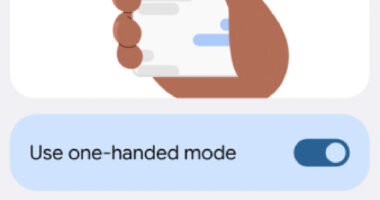THERE is a new email scam circulating where fraudsters pose as Apple’s iCloud service and threaten to delete their victim’s photos.
It is a team of fraudsters’ latest bid to tease banking information out of unsuspecting iCloud users.
The email features an iCloud logo and attempts to trick those who open it into believing that their usual payment method for the service has expired.
“Your photos and videos will be deleted, take action!” the scam email said, according to the Mirror Online.
“Without iCloud space, you may not be able to store all of your data and files in the iCloud service.”
The email warns that the iCloud users’ precious photos – and anything else in their storage – will be automatically deleted if they fail to pay up.


Users are then directed to a button where they can ‘update their details’ – but it’s a ploy.
The button takes people to a fake website where scammers try and lure them into clicking yet another link.
The landing page suggests that you are entitled to extra iCloud storage for free thanks to a loyalty programme – which appears to be the ghost of a previous ‘freebie’ scam.
Scammers impersonating businesses is not new, and Apple is well versed in cyber criminals trying to disguise themselves as one of its many services.
Most read in Tech
While scammers have become more sophisticated with techniques in recent years, as tech users become more savvy, there remain a few tell-tale signs that they are not who they say they are.
In this instance, the email had an iCloud logo – but absolutely no visual reference to Apple, the company which runs the service.
The email also doesn’t include the name of the recipient.
Instead, the cyber crooks simply added the first part of the email address to try and fool people.
In other instances, emails may open with a generic ‘Dear customer…’.
A quick tap on the sender’s address also revealed that the email is not from an Apple.com address.
“Scammers often try to trick you into sharing personal or financial information by sending you messages or links to websites that might look like they’re from Apple, but their actual purpose is to steal your account information,” Apple said in a statement.
“Some phishing emails will ask you to click on a link to update your account information.


“Others might look like a receipt for a purchase in the App Store, iTunes Store, iBooks Store or for Apple Music, that you’re certain you didn’t make.
“Never enter your account information on websites linked from these messages, and never download or open attachments included within them.”
Best Phone and Gadget tips and hacks

Looking for tips and hacks for your phone? Want to find those secret features within social media apps? We have you covered…
We pay for your stories! Do you have a story for The Sun Online Tech & Science team? Email us at [email protected]










